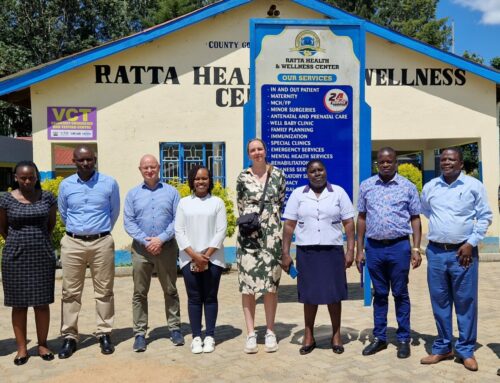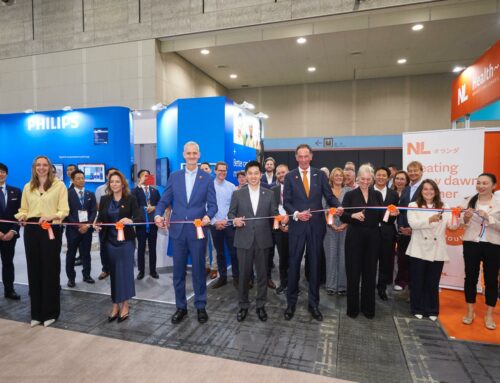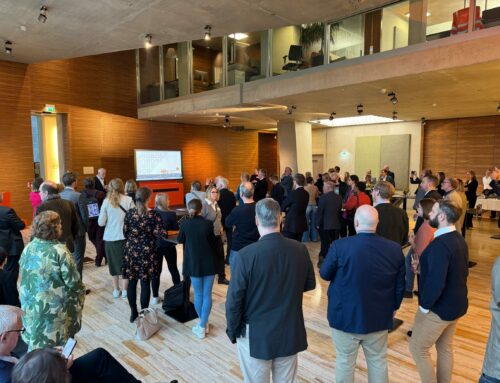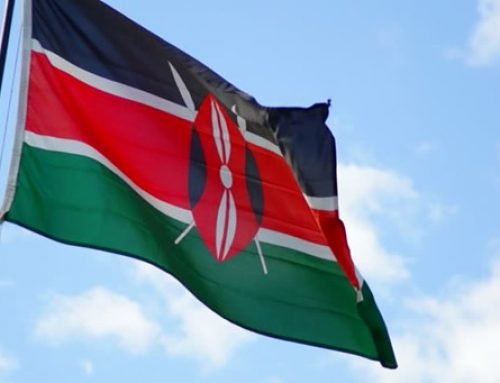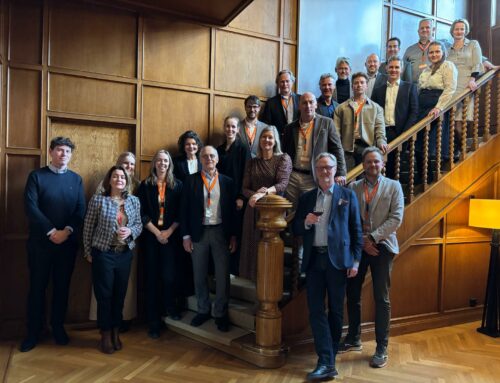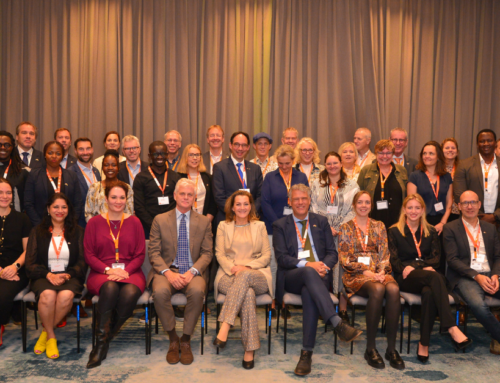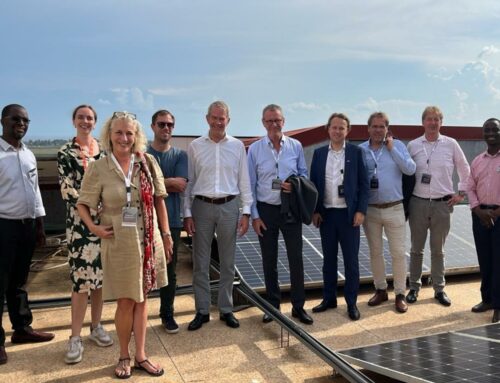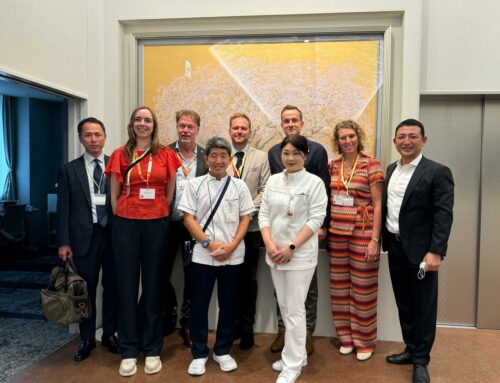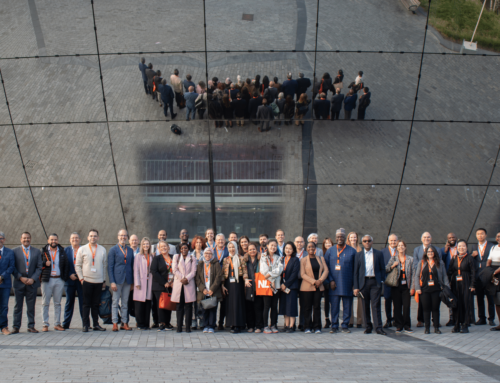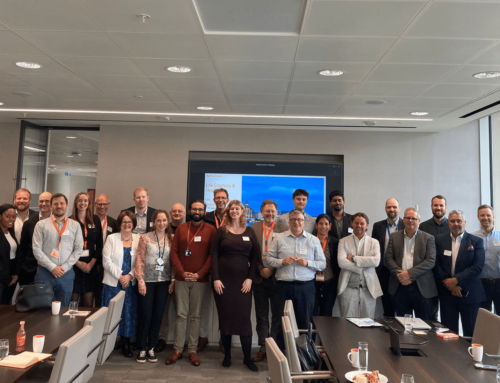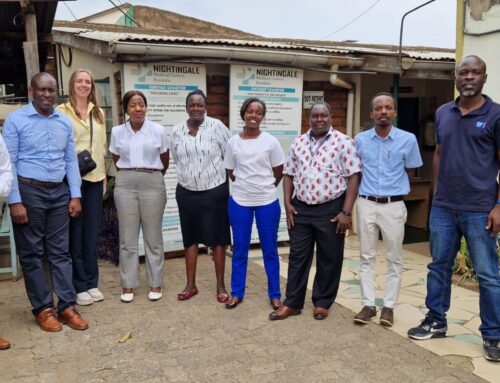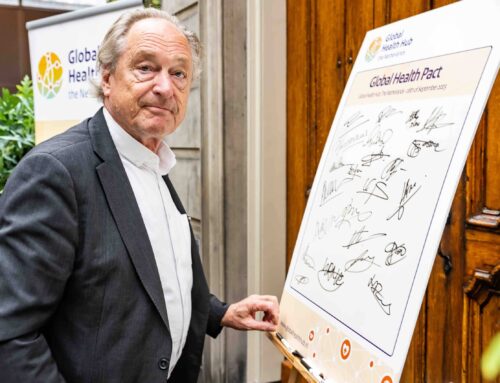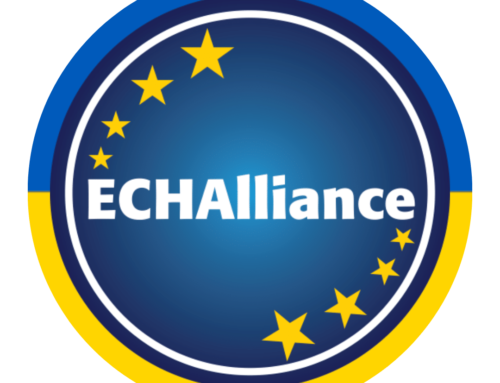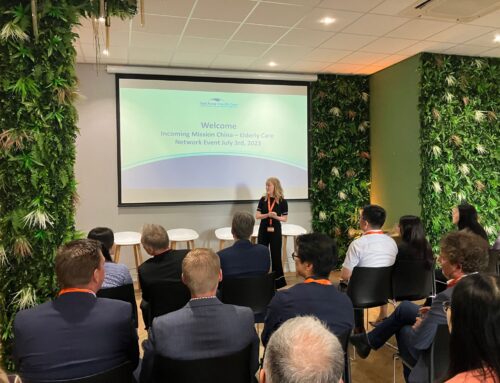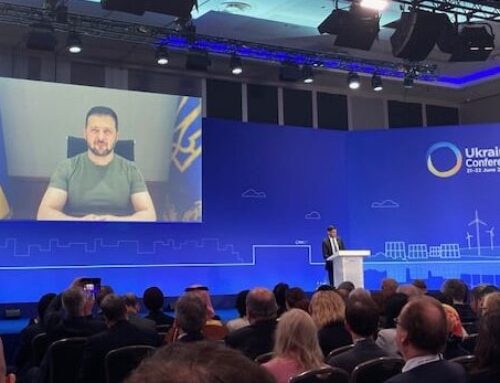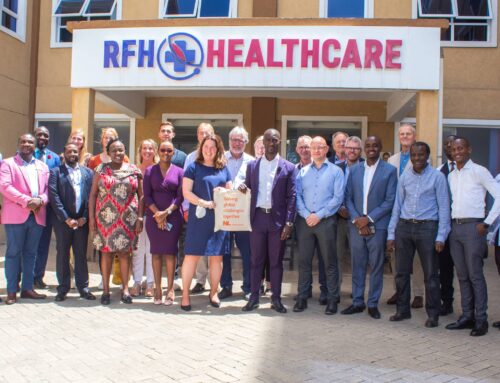In 2013, Indonesia adopted a new policy geared towards improving healthcare. From 2014 onwards, the country will gradually introduce Universal Health Coverage (UHC), allowing every Indonesian access to healthcare by 2019. During this period, the focus is on improving the quality and accessibility of primary health care. The Indonesian government showed great interest in collaborating with the Netherlands with regards to the new health policies during Dutch trade missions in 2012 and 2013.
The Dutch Task Force Health Care (TFHC) – the main public-private platform of the Dutch Life Sciences & Health sector for improving international healthcare – accepted this invitation and created ‘TFHC Indonesia’ (a Working Group). Together with the Indonesian authorities, the Kulon Progo regency situated in the Yogjakarta Special Region in Central Java was selected for a pilot project. In 2015, a feasibility study was carried out in order to identify the main interventions that could significantly improve primary healthcare in this region.
The results of the study were discussed with the main Indonesian stakeholders (national and local governments, health care providers, insurance companies), who unanimously showed great enthusiasm about its recommendations and proposed actions. The recommendations focus on the implementation of a project for strengthening primary care, that targets both Mother and Child Care and various common Non-Communicable Diseases like diabetes and high blood pressure. The project would cover a wide variety of aspects such as organization of healthcare, education and training of personnel, improving infrastructure, the use of IT, funding, and creating healthcare awareness and communicate engagement. The main message is that significant improvements can only be made when all of these factors are addressed in conjunction with each other.
The feasibility study was conducted by a consortium of TFHC Indonesia partners, being Berenschot, BMA, Royal Tropical Institute, Maastricht University, Results inHealth, and Royal HaskoningDHV and has been partly financed by the Dutch government. The study is part of Dutch investments in its relationship with Indonesia in the field of Universal Health Coverage. It is expected that the implementation of the project proposed by the feasibility study will begin in 2016.


